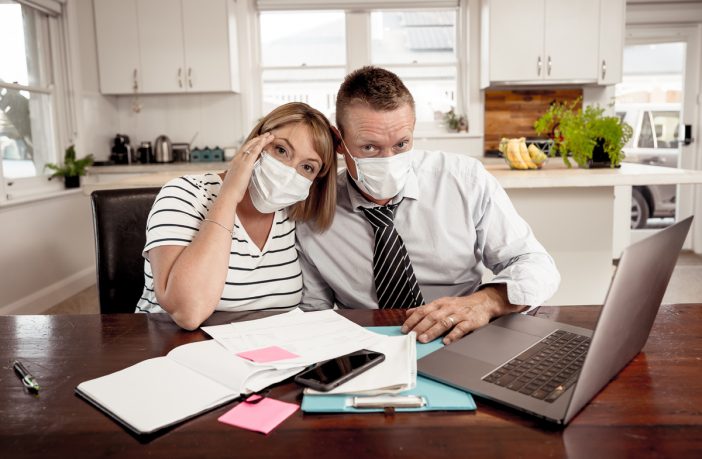With the U.S. unemployment rate slowly improving but still at 11% due to COVID-19, WalletHub today released updated rankings for the States Where People Need Loans the Most Due to Coronavirus. Greater interest in getting a loan indicates that more people in the state are struggling to make ends meet.
In order to determine where people are most in need of loans as a result of the coronavirus pandemic, WalletHub combined internal credit report data with data on Google search increases for three loan-related terms in the 50 states and the District of Columbia. Below, you can see highlights from the report, along with a Q&A.
New York Residents’ Need for Loans Due to COVID-19 (1=Biggest Need; 25=Avg.):
- 4th – “Loan” Search Interest Index
- 2nd – “Payday Loans” Search Interest Index
- 6th – “Home Equity Loan” Search Interest Index
- 20th – Change in Average Inquiry Count June 24, 2020 vs. January 1, 2020
Q&A
Should we expect more people to need loans once the extra $600 per week in unemployment benefits expires?
“We should expect a rise in loan interest once the extra $600 per week in unemployment benefits expires, but exactly how much of an increase there is depends on how responsible Americans are and how much the job market improves,” said Jill Gonzalez, WalletHub analyst. “Right now, many people are getting paid more while unemployed than they did while employed, so there should be an opportunity to save cash and avoid loans. We should not forget that parts of our economy will not recover until we have a vaccine for COVID-19, so it is important that reasonable unemployment benefits continue through that period.”
What borrowing methods are best for people to pursue during the COVID-19 pandemic?
“Borrowing should be a last resort during the COVID-19 pandemic, after people have exhausted all other options – from federal and state government benefits to relief from creditors. Most major banks and credit unions will offer some form of assistance to people affected by the pandemic, such as delayed due dates or waived finance charges, but you have to ask,” said Jill Gonzalez, WalletHub analyst. “For people who have to borrow, there is not one solution that is best for everyone. Credit cards are best for short-term borrowing and continuous purchasing power, while personal loans provide a longer-term solution and often have lower APRs. Home equity products provide the lowest interest rates and longest payoff timelines, but the borrower’s house serves as collateral. Ultimately, people should choose the option they are most comfortable with.”
Should we be concerned about states that have an especially high search interest for payday loans?
“Searching for payday loans is always concerning. Payday loans are an extremely expensive lending option, as they charge exorbitant interest rates and give consumers very little time – until their next paycheck – to pay the money back,” said Jill Gonzalez, WalletHub analyst. “While many people take out payday loans out of desperation or because they have bad credit, there are safer loan options available to most people. Payday loans should only be a last resort.”
New York currently has the largest number of COVID-19 cases in the U.S. How has that correlated with residents’ needs for loans?
“New York ranks first for overall interest in loans during the pandemic, which is surprising because the state has had the 18th highest recovery in unemployment since the pandemic started, despite being the hardest hit by the disease itself,” said Jill Gonzalez, WalletHub analyst.
Vermont residents are least desperate for loans during the pandemic. How does this line up with how they have been affected economically?
“It makes sense that people in Vermont are searching for loans the least during the pandemic. Vermont’s economy is only the 40th most affected by coronavirus, and it has experienced the 4th highest recovery in unemployment since the pandemic started, according to recent WalletHub studies,” said Jill Gonzalez, WalletHub analyst. “Since Vermont is struggling less than many other states are, its residents naturally have less need for loans.”











